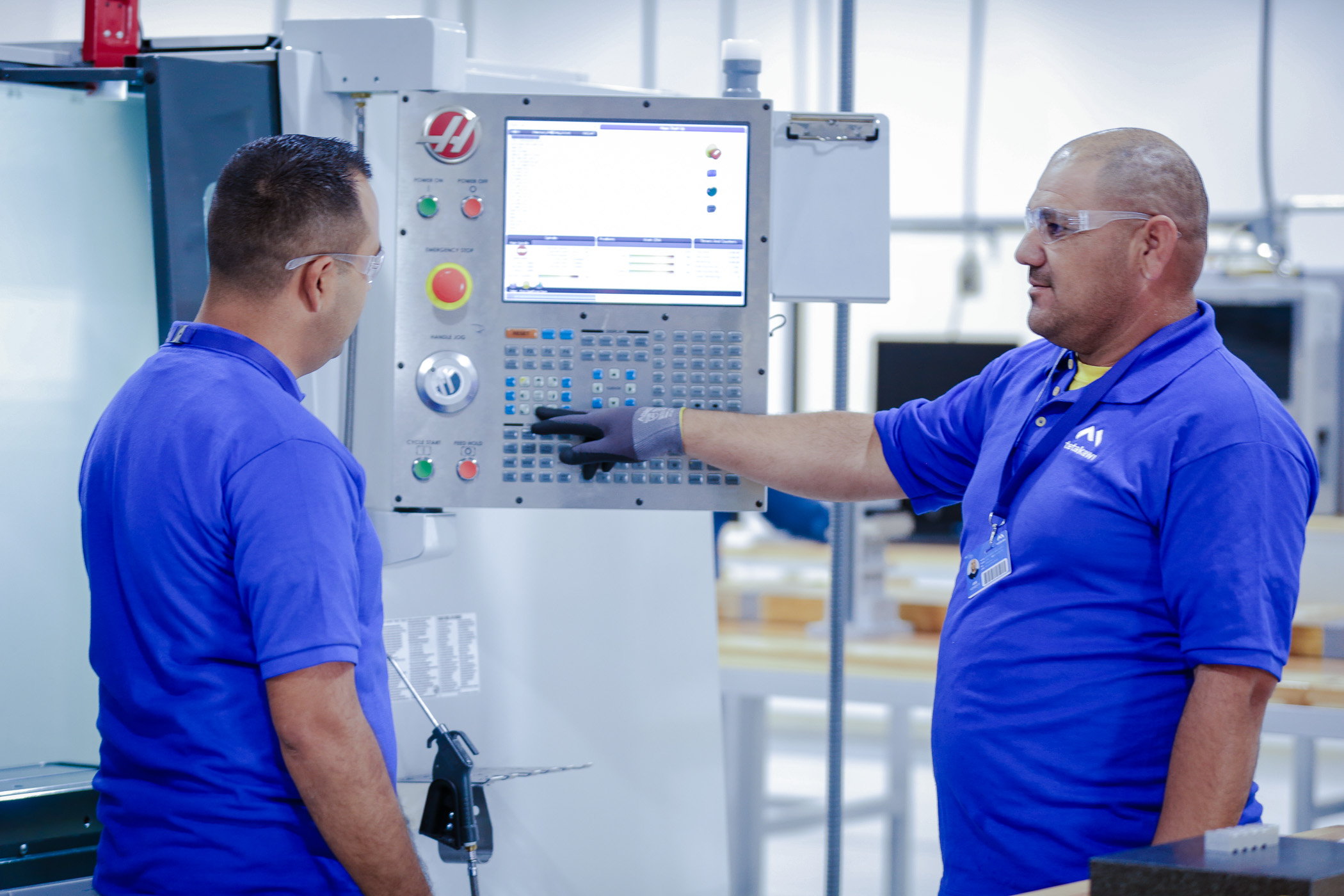With the Winter Olympics currently underway in Sochi, Russia, the spirit of international cooperation is running high. While athletes from around the world come together to celebrate competition, there have been strong signals from multinational companies that have goals to expand manufacturing in Mexico after the latest World Economic Forum in Davos, Switzerland. Three of the largest international firms in the world - Nestle, PepsiCo and Cisco - have pledged to invest more than $7.35 billion in the Mexican economy, according to the Financial Times. In particular, Russia and Mexico have taken necessary steps to ensure the two countries are able to collaborate together in the North American nation's energy sector. Either way, more businesses and energy-sector companies are increasingly involved in Mexico's manufacturing industry, which will likely provide a boost for the country's overall economy.
Three major players
In response to political, economic, educational and energy reforms, international companies have taken advantage of the attractive manufacturing and trade policies Mexico offers. According to Reuters, the beverage and food maker Pepsi indicated at the Davos summit it will augment its existing manufacturing facilities in Mexico with new factories and an improved supply chain, which will likely cost upwards of $5 billion over the next five years. At the same time, Pepsi announced the plan will create 4,000 new jobs in the country.
"It is very encouraging to see the enthusiasm that has been awoken by our country due to the structural changes that are happening," Mexican President Enrique Peña Nieto said in Davos.
Meanwhile, the communications equipment manufacturer Cisco also stated it would inject $1.35 billion into expanding in Mexico, specifically with a new customer support center and production facilities. Nestle, a world leader in consumer goods manufacturing, has also promised to put $1 billion toward expanding its existing operations in Mexico during the next five years. Reuters reported Nestle is increasing its manufacturing capabilities in Mexico to reach a wider market of consumers, especially those in the Caribbean and Latin America. In fact, 40 percent of the goods produced in the new baby food production facility will go to these two regions.
Russian enthusiasm in energy partnerships
The worldwide news conglomerate RT explained a deal was struck between Pemex CEO Emilio Lozoya Austin and Vagit Alekperov, CEO of Russian oil firm Lukoil, during the Davos economic summit. This is the first partnership between a foreign oil company and the state-run Mexican enterprise since 1938, and it comes as a direct result of energy reforms signed into law by President Peña Nieto in December 2013.
Lukoil has established this partnership with Pemex in an effort to bolster its oil production, according to RT. With greater foreign participation in the oil industry, experts anticipate oil production will reach previous levels of output not seen in 10 years. The news source explained Pemex experienced more than a 30 percent drop in oil production between 2004 and 2014 - falling from 3.8 million barrels to 2.6 million. With a more stable source of energy, manufacturers in Mexico will be able to sustain or expand operations with greater confidence.
The Russian oil enterprise should provide key resources to the Mexican energy sector. Lukoil is the source of 2.1 percent of the world's supply of crude oil, as well as 16.3 percent of Russia's oil production. At the same time, it will likely bring in a greater depth of knowledge in extracting energy supplies.
International partnerships have the potential to strengthen Mexico's manufacturing sector by diversifying the companies involved in creating stable energy sources.
Subscribe
Sign up and stay informed with tips, updates, and best practices for manufacturing in Mexico.





